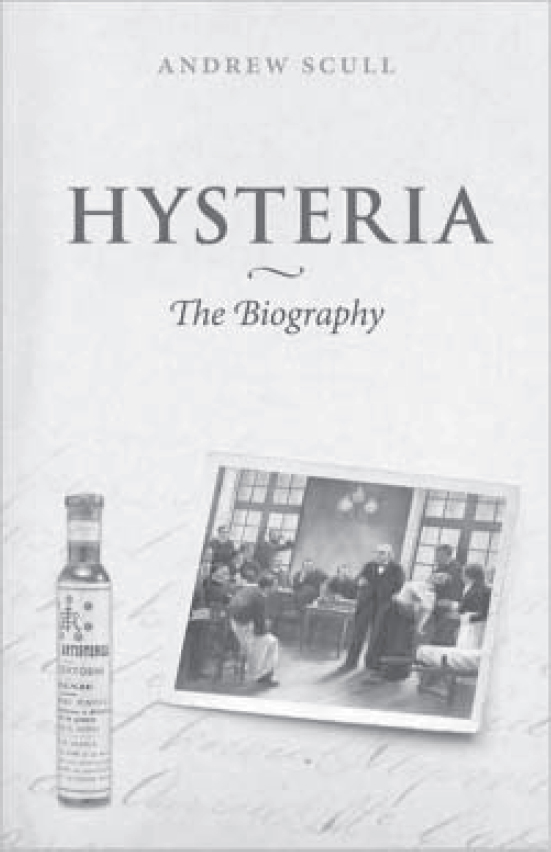
Scull has written many books on the history of psychiatry and this one covers familiar territory, taking us through the turf wars between Victorian gynaecologists, psychiatrists and neurologists, who fought for the right to manage (and exploit) patients with unexplained physical symptoms. The paternalistic misogyny evinced by these physicians still has the capacity to shock. Scull describes in vivid detail the contribution of the American Civil War, the ‘circus’ orchestrated by Charcot, the ‘Napoleon of the neuroses’, the Freudian diversion that followed, and the psychosomatic symptoms in men generated during the First World War.
But it is the final chapter, ‘L'Hysterie morte?’ that I found of most interest. Here Scull asks, ‘where are the hysterical invalids… all apparently vanished into the ether?’ His thesis is that the disorder has shuffled off into oblivion. But nothing could be further from the truth: patients with hysterical (conversion) disorders present in general hospital wards, neurological out-patients and medico-legal settings with a frequency that would surprise Scull and others such as Shorter who argue that cultural factors have ‘shaped’ the more florid presentations of functional neurology out of the clinical arena. Recent epidemiological studies suggest a burden of disability associated with chronic hysteria which is far higher than a typical practising psychiatrist might suspect or than is reflected in standard textbooks of psychiatry or clinical neurology.
Scull ascribes this state of affairs in part to the demise of psychoanalysis (irrelevant in my opinion), psychiatry's preoccupation with Big Pharma and the hegemony of DSM. But it is more complex than this. These patients reverberate around general hospitals, often after relatively trivial accidents and injuries, as Charcot pointed out, but by the time they are referred to psychiatrists they usually have gross untended disabilities, especially if treatment is delayed as is invariably the case. They are largely ignored by modern psychiatric services, which are focused on the creation of crisis services, ‘risk assessments’ and home treatment: patients with neuroses and gross disabilities are outside their remit.
Why should this be? It appears to me that primary care trusts and commissioners of healthcare are preoccupied with ‘serious mental illness’, patient pathways and early intervention designed to reduce (mental) hospital stay. But assigning treatment resources to this group of patients would make economic sense, especially in a cash-strapped National Health Service about to be subjected to further financial cuts. In a survey carried out on patients with persistent, unexplained physical symptoms in Devon it was conservatively estimated that the lifetime costs of these disorders was in excess of £14 million. The real tragedy, as Scull to his credit points out, is that with very few exceptions neither psychiatry nor neurology has assigned any resources to this group of patients.





eLetters
No eLetters have been published for this article.